The UK's LCV market grew by 31.0% in June, with 34,630 units registered, the best performance since 2019, as supply chain shortages eased and larger vans dominated sales.
According to the latest figures released by the Society of Motor Manufacturers and Traders (SMMT), the UK's new light commercial vehicle (LCV) market has experienced its sixth consecutive month of growth, with registrations increasing by 31.0% to reach 34,630 units in June.
This represents the strongest June performance since 2019.
In the first half of 2023, a total of 169,926 new vans, pickups, and 4x4s were registered, marking a 17.7% increase compared to the same period last year. These positive trends can be attributed to the easing of persistent supply chain shortages, the trade association says.
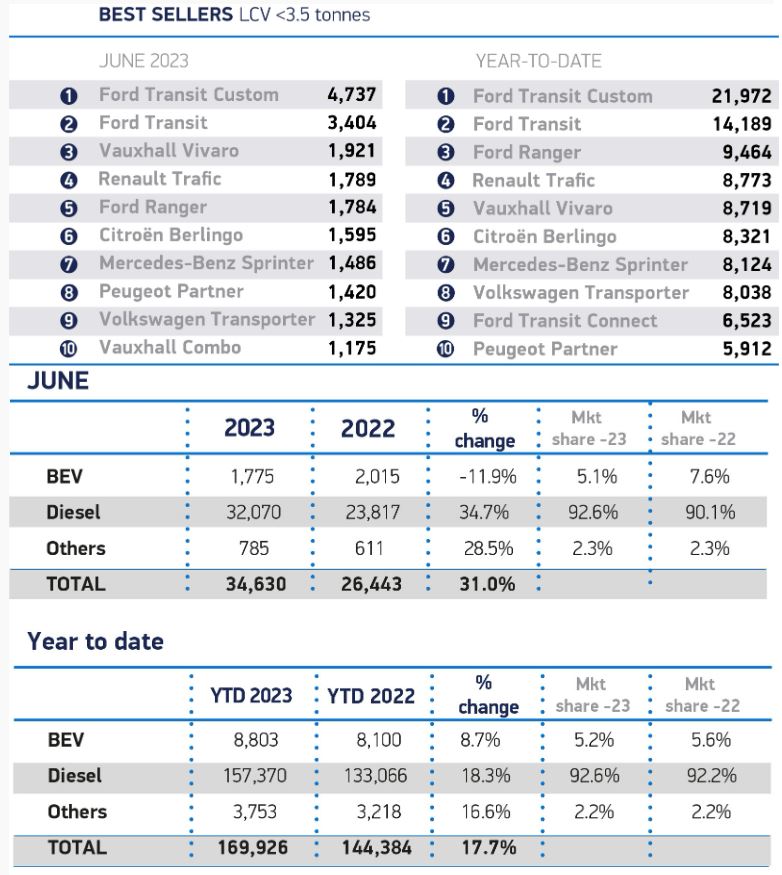 The registrations of larger LCVs, weighing between 2.5 and 3.5 tonnes, grew by 15.6% to reach 23,640 units in June, accounting for 68.3% of the market. Medium-sized vans weighing between 2.0 and 2.5 tonnes also saw a significant increase of 160.8% with 6,291 units registered.
The registrations of larger LCVs, weighing between 2.5 and 3.5 tonnes, grew by 15.6% to reach 23,640 units in June, accounting for 68.3% of the market. Medium-sized vans weighing between 2.0 and 2.5 tonnes also saw a significant increase of 160.8% with 6,291 units registered.
However, the segment of lighter vans weighing less than or equal to 2.0 tonnes experienced a decline of -42.8%. This particular segment has consistently witnessed a decrease in demand as operators opt for larger vehicles that offer greater cost efficiencies. On the other hand, pickups and 4x4s had substantial growth, with registrations increasing by 40.8% and 180.1% respectively.
Despite the overall growth in the LCV market, there was a -11.9% decline in demand for battery electric vans (BEVs) in June, reaching only 1,775 units, which the SMMT described as "concerning" given the increasing availability of BEV models.
This brings the total number of electric vans registered this year to 8,803 units, representing a year-on-year increase of 703 but a decline in market share to 5.2% for the year to date.
Mike Hawes, SMMT chief executive, said this is worrisome considering the upcoming zero emission vehicle mandate, which will be implemented in just six months' time. Urgent action is needed to accelerate the adoption of electric vans, especially since commercial vehicles play a vital role in keeping Britain moving.
Hawes said: “As we reach the year’s midway mark, the surge in light commercial vehicle registrations is good news and delivers continued optimism to the market. The fall in electric van uptake just at the time when we need it to grow is, however, very concerning.
"Despite the continued availability of the plug-in van grant, more needs to be done to give operators the confidence to make the switch. This means a long-term plan which supports purchase and helps overcome some of the barriers to the installation of van-suitable charging infrastructure, given the unique needs of this sector.”
Sue Robinson, chief executive of the National Franchised Dealers Association, added: “The price parity between battery electric vans and diesel engines is far too wide, similar to the new car sector, which is negatively affecting the uptake of electric in the run up to 2030. This, coupled with a patchy and lacklustre charging network across the UK, is diverting van operators away from making their switch to electric”
“Government must act on the front foot by making more strategic decisions and imposing financial incentives to support the uptake of electric in this market.
"As the industry's only trade body for automotive retailers, we will continue to lobby Government to determine the best possible outcome for our retailer members, ensure their voice is heard and promote green, clean transport for commercials.”

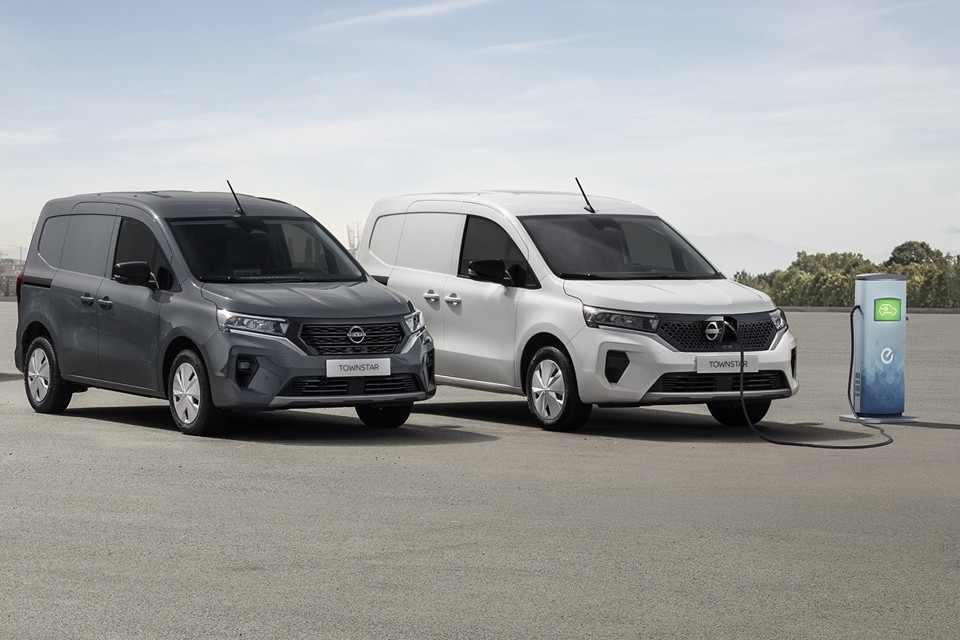




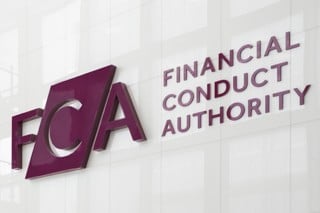
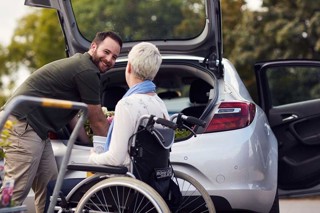

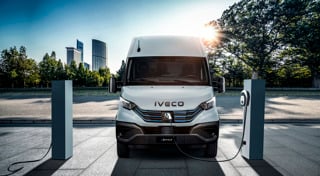
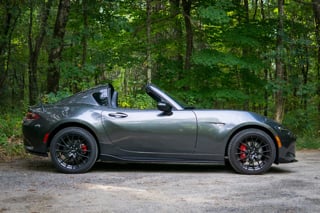













Login to comment
Comments
No comments have been made yet.